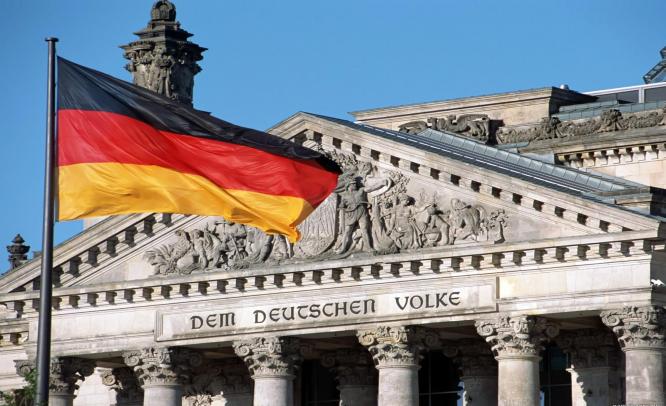he ZEW index, which measures investors’ confidence, continued its recent downward trend and decreased in July for the seventh month in a row
July 16, 2014: While the World Cup trophy just landed in Berlin, the German ZEW index sends more signs of caution. The ZEW index, which measures investors’ confidence, continued its recent downward trend and decreased in July for the seventh month in a row and now 27.1, from 29.8 in June. This is the lowest level since December 2012. At the same time, the current assessment component dropped for the first time since November 2013.
Latest data releases have increased concerns about a stagnation of the German economy in the second quarter. Weak industrial production, a sharp correction in the construction sector and the reversal of the positive weather effect from Q1 do not bode well for second quarter growth. This is not only bad news for Germany but for the entire Euro zone. At present, it seems as if only a return of strong net exports and/or a real consumption boom can avoid a stand-still of the economy in the second quarter.
Only die-hard optimists and soccer fanatics would argue that the German victory at the World Cup would be sufficient to boost private consumption. Contrary to the German Summer Fairy Tale of 2006, soccer enthusiasm is very unlikely to ignite economic confidence. Back in 2006, both the national soccer team and the economy had been written off and successes came as huge positive surprise. Combined with a very special atmosphere, a new national self-confidence and, most importantly, earlier implemented reforms, the summer of 2006 brought confidence back. Even if any macro-economic impact from soccer successes cannot be supported by statistics, the magic of 2006 remains (for some, there was a correlation. For others, it was only coincidence).
This time around, however, even the unexplainable magical interaction between soccer and the economy should be very limited. The German economy is already doing well, consumer confidence is at a 7 ½-year high and private consumption has become an important growth driver. Despite all euphoria, the World Cup title did not come as a real surprise. It was more the final stage of continuous work and improvement over a longer time period.
As much as we would like to see it, hopes that the 2006 magic between soccer and economics can be repeated are based on wishful thinking rather than on facts. Even if cheering masses in front of the Brandenburg Gate could give rise to different ideas, soccer is what has always been: the most wonderful pastime in the world.
Carsten Brzeski, ING

